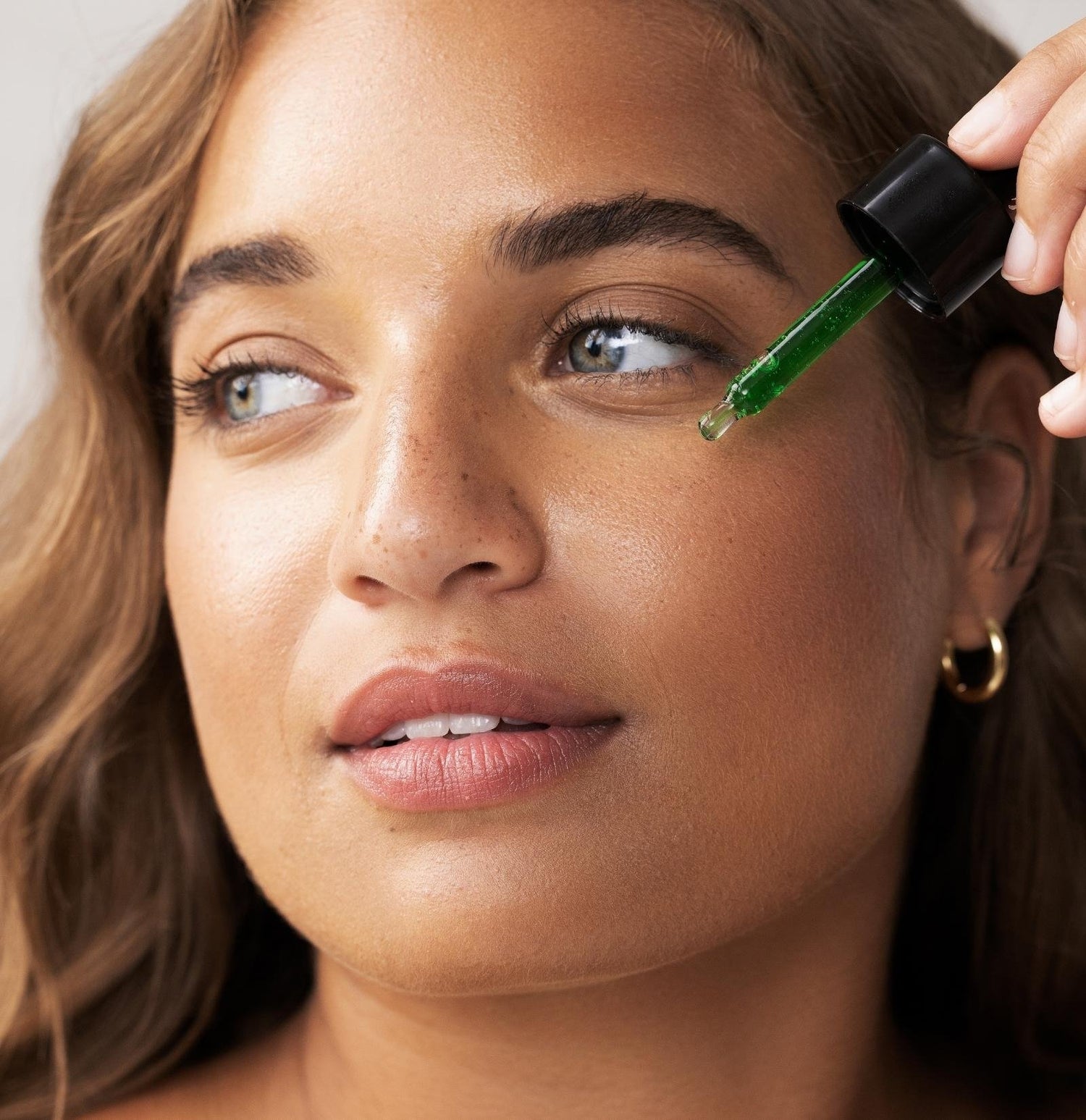Chemical
Chemical sunscreen is the most common type of sunscreen available on the market. It works by absorbing UV radiation before it penetrates the skin. Chemical sunscreens contain carbon-based compounds, such as avobenzone, octinoxate, and oxybenzone, that absorb UV light and convert it into heat, which is then dissipated from the skin.
This type of sunscreen has historically been the most common SPF product in stores. However, most chemical sunscreens are not reef safe since they contain coral-bleaching elements that hurt the environment.
Physical
Physical sunscreen, or mineral sunscreen, works differently than chemical sunscreen. It creates a physical barrier on the skin's surface that reflects UV rays. Physical sunscreens contain minerals such as zinc oxide and titanium dioxide, forming a protective layer on the skin. These minerals act as a shield against UVA and UVB radiation, making physical sunscreen an excellent choice for sensitive skin.
Since physical sunscreen doesn't have the same chemicals as traditional sunscreens, they are considered much better for the environment and are reef safe. However, be careful to get a fully mineral sunscreen, not a hybrid of chemical and mineral.
Which is better? Physical or chemical sunscreen?
One of the main differences between the two types of sunscreens is their mode of action. Chemical sunscreens must be absorbed into the skin to be effective, while physical sunscreens work immediately upon application. Additionally, physical sunscreens are considered an ideal choice for sensitive skin, as they are less likely to cause skin irritation or allergic reactions.
At AN Skin, we are in unanimous agreement that physical (mineral) sunscreens are the safest option for all skin types.
Shop Mineral SPF


